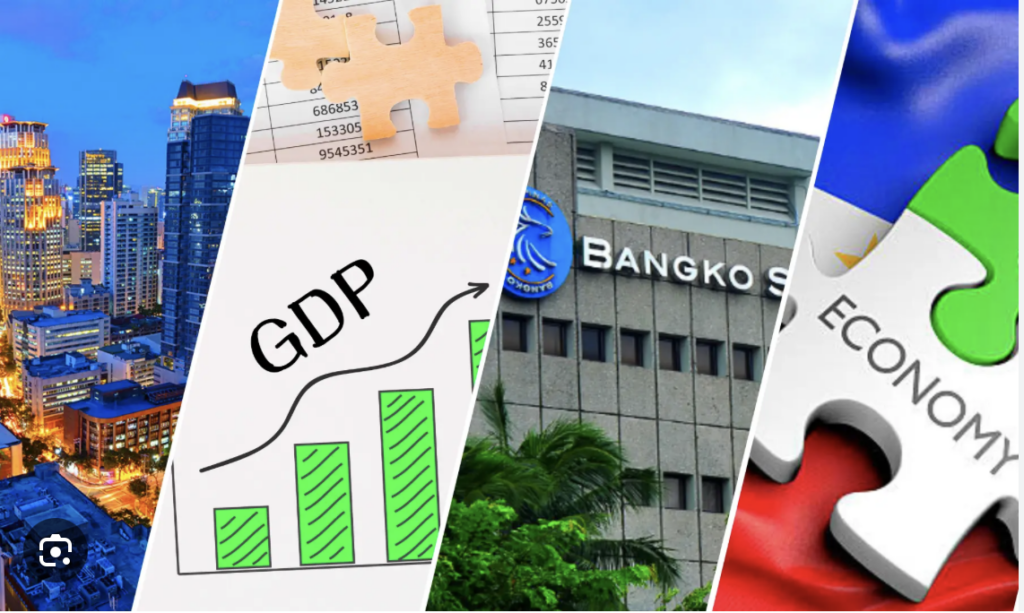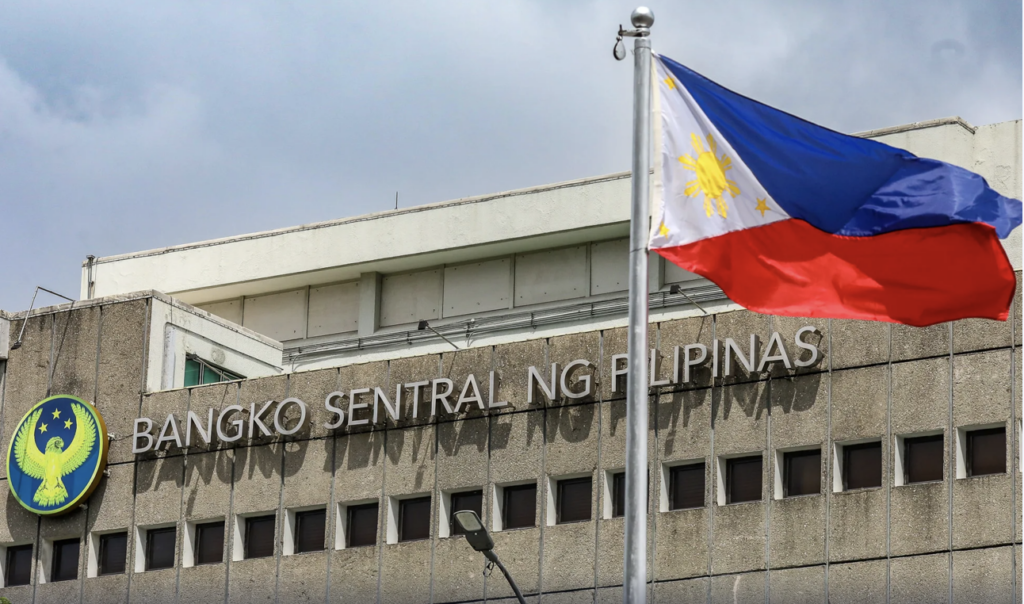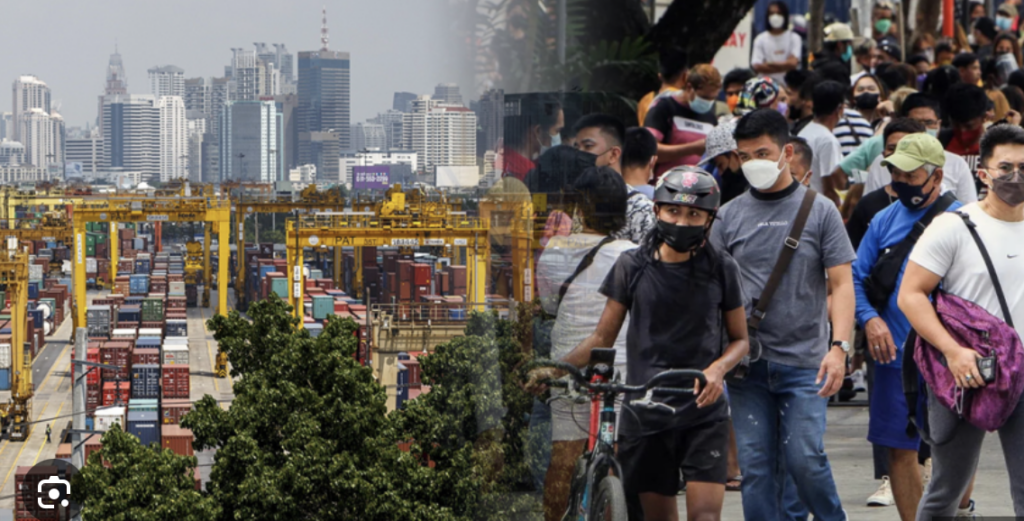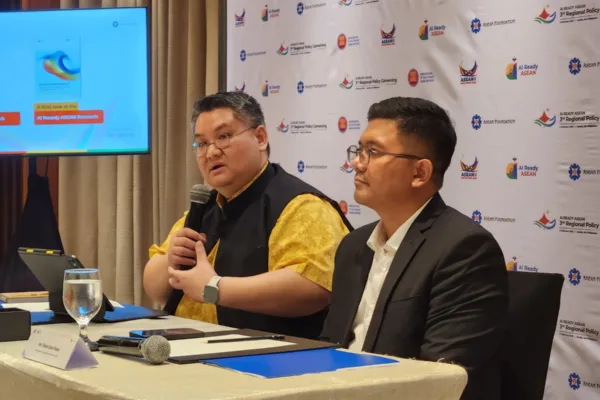In a global landscape fraught with geopolitical tensions and volatile policy shifts, the Philippine economy has emerged as a beacon of stability, showcasing remarkable resilience. The Financial Stability Coordination Council (FSCC)’s 2024 Financial Stability Report (FSR) paints a compelling picture of a robust financial system, weathering international storms with unwavering strength.
The report, a comprehensive assessment of the nation’s financial health, underscores the key pillars that have fortified the Philippine economy against external pressures.

Declining inflation, sustained output growth, and ample international reserves have created a solid foundation, allowing the country to navigate turbulent waters with confidence. This positive outlook is a testament to the prudent policies and proactive measures implemented by financial authorities.
A critical component of this resilience is the Philippine banking system, which has maintained healthy capital and liquidity buffers. These buffers have not only ensured the system’s ability to absorb potential losses but also facilitated continued support for economic activity.
FSCC report highlights

The report highlights the absence of asset price misalignments in financial markets, coupled with strong domestic investor participation, further reinforcing the system’s stability.
“In a year full of change, the Philippine financial system demonstrated strength, backed by an improved understanding of market dynamics and lessons from the past,” remarked FSCC Chair and Bangko Sentral ng Pilipinas (BSP) Governor Eli M. Remolona, Jr. His statement underscores the adaptability and foresight of the country’s financial authorities in navigating the complexities of the global economy.
However, the report also serves as a reminder of the ongoing vigilance required to maintain financial stability. It emphasizes the importance of closely monitoring potential risks, including asset valuation, leverage, debt servicing, and the growing influence of non-bank financial institutions.
Governor Remolona stressed the interconnectedness of the financial market and the collective responsibility in managing systemic risks. “In an interconnected market, individual decisions can create ripple effects. Systemic risk management is a collective effort,” he stated.
Looking ahead, the 2024 FSR outlines strategic measures aimed at further strengthening the financial system. These include deepening the bond market, enhancing reporting frameworks, and developing macroprudential tools. These initiatives are designed to bolster the economy’s ability to withstand future shocks and ensure long-term stability.
The FSCC, comprising the BSP, Department of Finance, Insurance Commission, Philippine Deposit Insurance Corporation, and Securities and Exchange Commission, plays a pivotal role in safeguarding the country’s financial health. The annual FSR serves as a vital tool for assessing the system’s stability and identifying potential vulnerabilities.
The ability of PH economy to thrive amidst global uncertainty

The report’s findings offer a sense of optimism, highlighting the Philippine economy’s ability to thrive amidst global uncertainty. This resilience is not merely a stroke of luck but a result of strategic planning, proactive policy implementation, and a deep understanding of market dynamics.
As the Philippines continues to navigate the complexities of the global economy, the FSCC’s commitment to maintaining financial stability remains paramount.
In an earlier media advisory shared this month, the Bangko Sentral ng Pilipinas (BSP) has painted a picture of a nation maintaining stability while adapting to evolving market dynamics. According to the advisory, the Philippine economy’s ability to maintain stability amidst evolving liquidity conditions and easing inflation underscores its resilience.
As the Philippine central bank continues to monitor global and domestic economic developments, the nation remains poised for balanced and sustainable growth.
The 2024 Financial Stability Report is now accessible on the websites of all FSCC member agencies, providing stakeholders and the public with a comprehensive overview of the country’s financial landscape.
This transparency reinforces the government’s commitment to fostering a stable and resilient financial system that supports sustainable economic growth for the Philippines.








